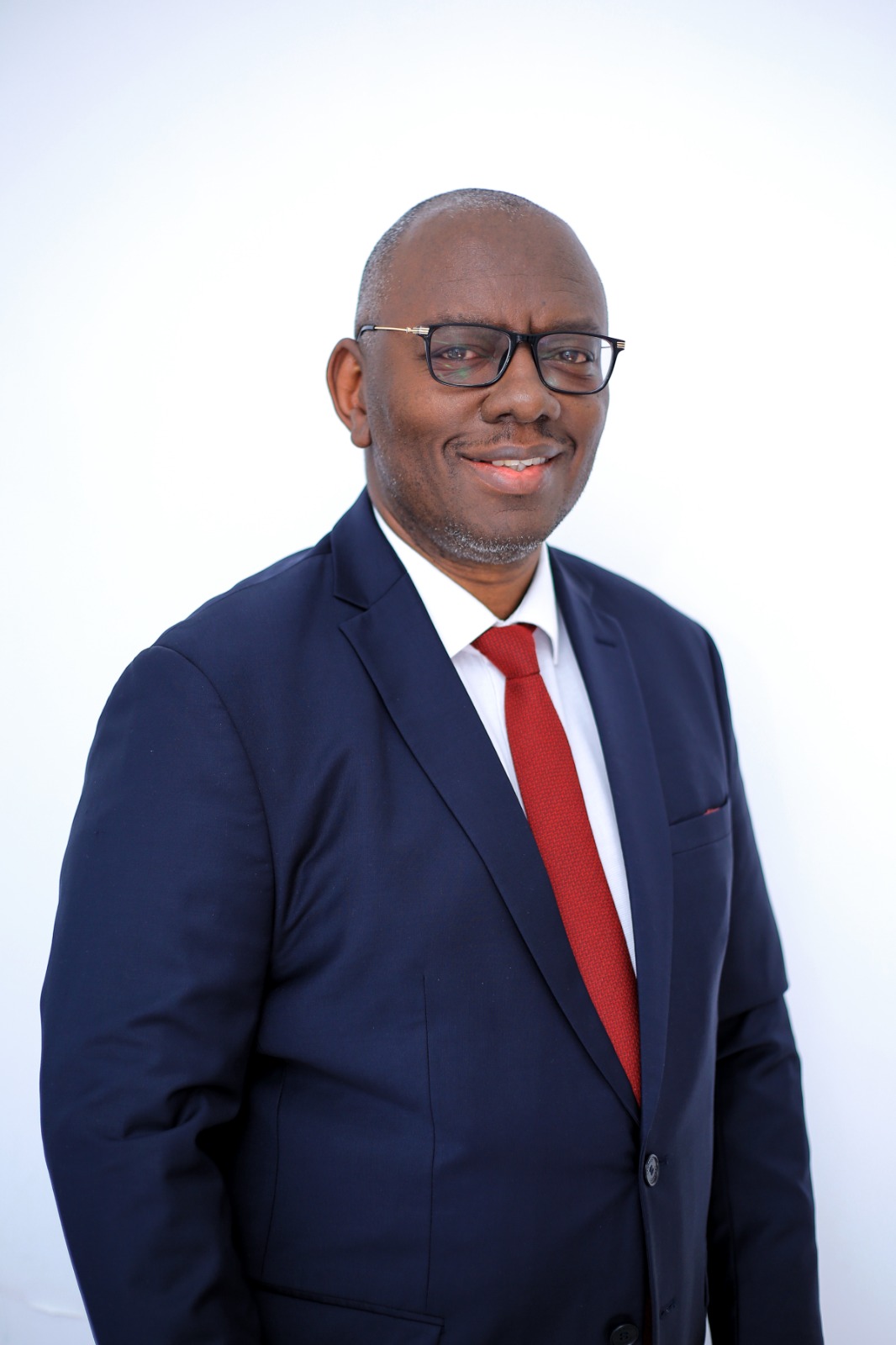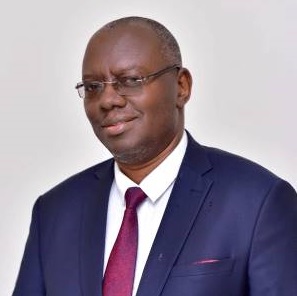Speech by Hon. Eric Cyaga – Honorary Consul of the Republic of Côte d’Ivoire in Rwanda.
Your Excellencies,
Honorables,
Distinguished hosts,
Esteemed guests,
Ladies and gentlemen,
Good afternoon,
I stand before you today with great enthusiasm, as we gather at this FICAC Pan- African conference, here in Accra. This conference brings together Honorary Consuls from across the continent and beyond.
Allow me to begin by expressing my sincere gratitude to the organizers of this remarkable gathering for extending their gracious invitation to our delegations. Your meticulous planning and dedication to creating a platform for meaningful dialogue and collaboration are truly commendable.
I would also like to extend my deepest appreciation to our esteemed hosts for the warm welcome and extraordinary hospitality we have received since our arrival.
This year’s conference aims at exploring FICAC’s perspectives on Africa and the role of Honorary Consuls.
As representatives of our respective countries, we, Honorary Consuls, have wonderful opportunities to support and contribute to the development efforts of our nations.
Today, I would like to emphasize the important role, Honorary Consuls may play in supporting initiatives such as the Protocol to the Treaty establishing the African Economic Community relating to the free movement of persons, right of residence, and right of establishment, together with the Africa Continental Free Trade Area (AfCFTA) and other development initiatives.
- Allow me to share a quick story that highlights the significant role Honorary Consuls have with regards to assisting and supporting their citizens in the host Country, particularly in matters related to immigration:
- A few years ago, a West African citizen named Amadou found himself in exile in a country in the Northern part of Africa and he approached the Rwandan Embassy seeking the opportunity to settle in Rwanda. His primary motivation was to find peace and security in a new home.
Despite not securing a job in Rwanda immediately, Amadou was able to find a wife during his stay. However, after six months, he encountered legal issues related to immigration and faced the possibility of deportation. Thankfully, his wife to be, with the support of the Honorary Consul of Amadou’s home country, stood up against the immigration authorities, advocating for her husband to remain in Rwanda.
Through the intervention of the Honorary Consul, a solution was reached, allowing Amadou to return home temporarily to obtain a valid passport for their upcoming wedding celebration.
He returned to Rwanda, and now he lives peacefully with his wife, all thanks to the Protocol to the Treaty establishing the African Economic Community relating to the free movement of persons, right of residence, and right of establishment, even though the said Protocol has only been ratified by very few member states.
It is crucial to encourage more countries to ratify this Protocol, as its implementation has the potential to bring about positive changes and improve the lives of people across Africa.
- Another significant role of an Honorary consul is to actively promote and facilitate trade and investment between the appointing country and the host country.
Here, I would like to share another story that further emphasizes the role of Honorary Consuls:
- A few years ago, I had the privilege of being invited to Rwanda Development Board alongside other stakeholders to identify areas of cooperation, trade, and exchanges between West Africa and Rwanda.
Technical sheets have been meticulously developed for each country, uncovering a significant trade imbalance within Africa. These sheets shed light on a prevailing trend where trade is predominantly skewed towards the Western world rather than fostering intra-African trade: Historically, Africa’s has primarily been exporting raw materials to the Western world, neglecting the vast intra-African market.
As a result, crucial transnational projects that could drive transformative change were never realized due to fragmented markets and a lack of necessary infrastructure such as railways and roads. This is precisely why initiatives like the Africa Continental Free Trade Area (AfCFTA) are essential. They create a new economic environment that promotes a less fragmented market, encourages regional economic integration, reduces currency barriers, fosters industrial development, and stimulates manufacturing capacity and trade in manufactured goods.
- As Honorary Consuls, we have a unique opportunity to support the development agenda of countries implementing initiatives like AfCFTA. Through advocacy, facilitation, and collaboration, we can actively contribute to economic growth, foster cultural exchanges, promote sustainable practices and significantly improve people’s livelihood across the continent.
The number of Honorary Consuls continues to increase. Globally, their numbers have been steadily growing, surpassing 20,000 worldwide. This trend is mirrored in Africa.
For instance, in 2015, the Government of Cote d’Ivoire decided to expand its diplomatic presence by appointing Honorary Consuls with the objective of covering all capital cities in the coming years. Rwanda, too, has seen an increase in the number of Honorary Consuls from 9 at the end of 2018 to 21 currently.
The emergence of new trade routes also fuels the demand for Honorary Consuls. More African countries are now engaging in business with firms in provincial Chinese and Indian cities. This trend of expanding honorary consulships in Africa is set to continue.
Today, as we come together to engage in meaningful discussions, share insights, and explore opportunities for cooperation, let us seize this moment to strengthen the bridges of understanding we have built, foster partnerships and contribute to the common goals we share.
- In conclusion, Honorary Consuls offer a remarkably effective and cost-efficient option for representation in capitals, cities, and regions where establishing a full-time embassy may not yet be feasible. Many African countries that have underutilized this option are now realizing its potential, especially during a time when foreign ministry budgets are shrinking globally.
Overall, Honorary Consuls provide significant added value to the appointing government’s efforts in promoting its interests and supporting its citizens residing in developing countries. With their local knowledge, flexibility, and personal relationships, Honorary Consuls serve as key assets for achieving diplomatic and consular objectives. They are important change agents who undoubtedly foster closer ties, fruitful collaboration, nurture mutual understanding and appreciation between nations.
- In closing, I would like to once again express my heartfelt appreciation to the organizers and to our hosts for their warm hospitality.
We are all looking forward to a promising future in the “Africa we want”.
Thank you for your kind attention.


